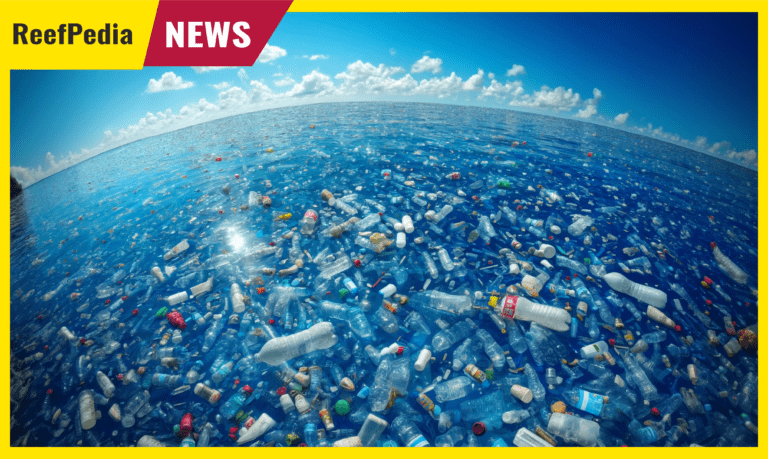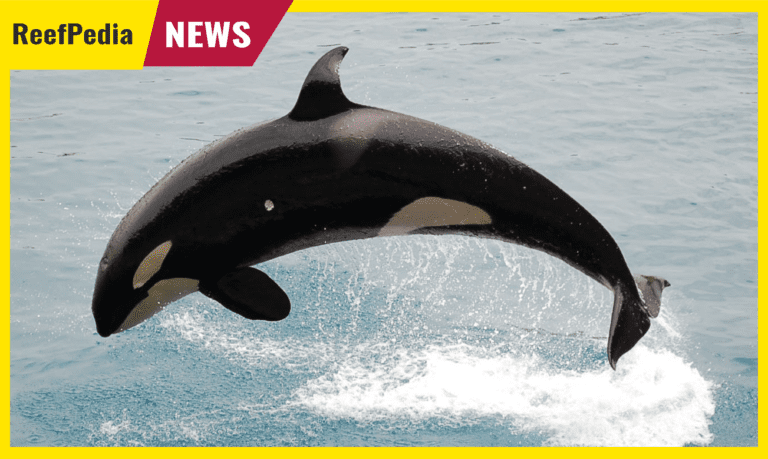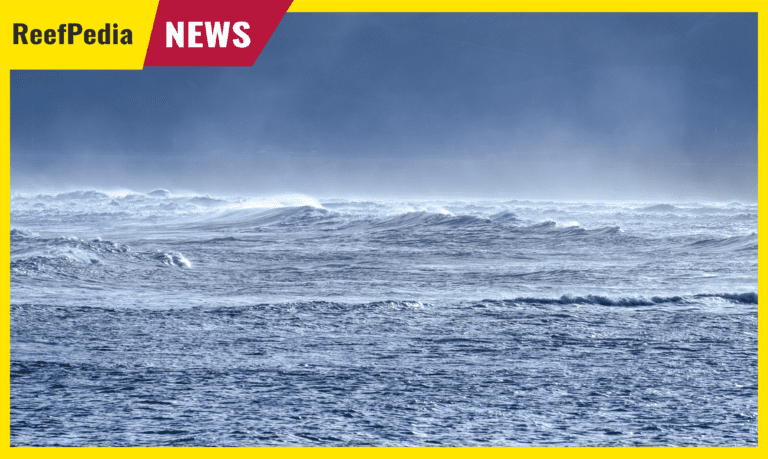
The Chinese Distant-Water Fleet in the Southwestern Indian Ocean
The latest report from the Environmental Justice Foundation (EJF) reveals alarming practices by the Chinese distant-water fleet in the southwestern Indian Ocean, involving illegal fishing and human rights abuses. This region, rich in yellowfin tuna and bonito, is becoming a battleground for the protection of these valuable marine resources. Based on crew testimonies, the report paints a grim picture of activities including brutal practices such as shark finning and the exploitation of crews, which undermines Chinese assurances of zero tolerance for illegal fishing.









